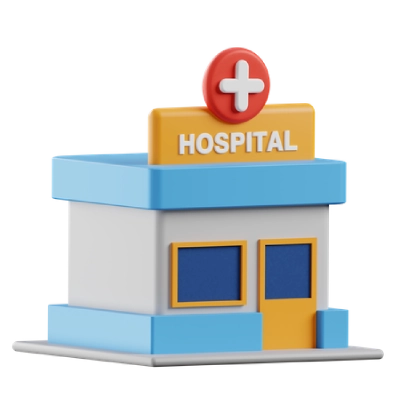Search Doctors, Clinics, Hospitals, Labs, Treatments & Surgeries,
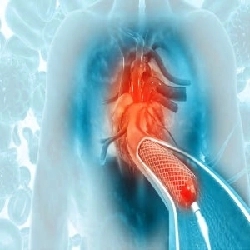

Cardiology
Angioplasty
What is Angioplasty?
Angioplasty is a minimally invasive surgical endovascular technique that is used to enlarge clogged or narrowed blood vessels surrounding the heart and restore natural blood flow. It's a common treatment for clogged or constricted arteries. Percutaneous coronary intervention, or PCI, is the pathological name for angioplasty. ShopDoc offers...
Available clinics & hospitals
You can request quotation from the listed clinics & hospitals
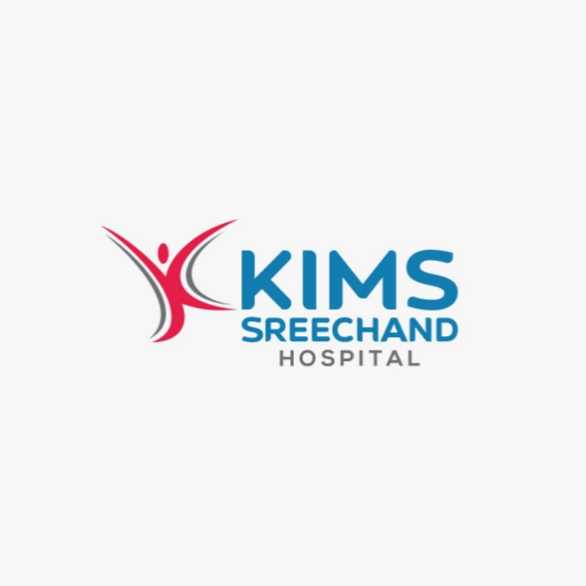
KIMS SREECHAND HOSPITAL
Kannur, Kerala
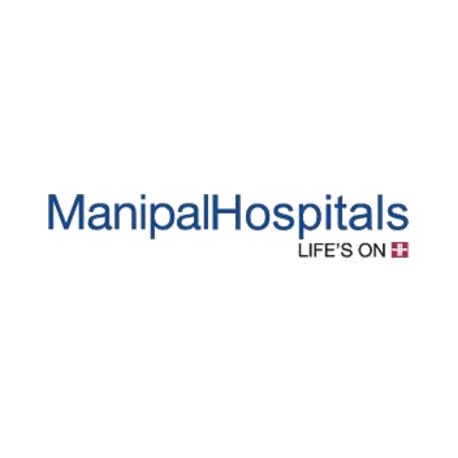
Manipal Hospital Goa
Goa Velha, Goa

MGM Healthcare
Chennai, Tamil nadu

MobeedCare Kanhangad Smart Clinic
Kanhangad, Kerala
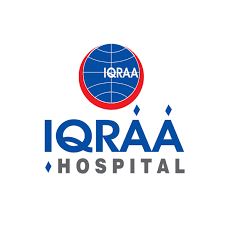
Iqraa International Hospital and Research Centre
Kozhikode, Kerala

B&B Memorial Hospital
Kochi, Kerala
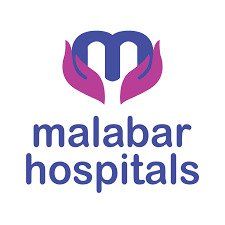
Malabar Hospital
Kozhikode, Kerala

Sreechand Speciality Hospital
Kannur, Kerala
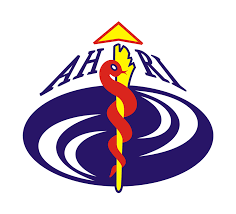
Ananthapuri Hospitals
Trivandrum, Kerala
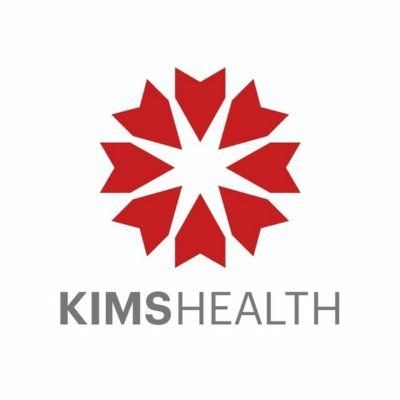
KIMSHEALTH, Trivandrum
Trivandrum, Kerala
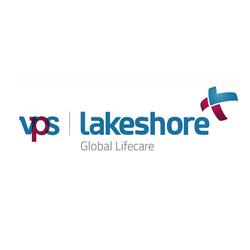
VPS Lakeshore Hospital
Maradu, Kerala

Aster MIMS Kottakkal
Malappuram, Kerala
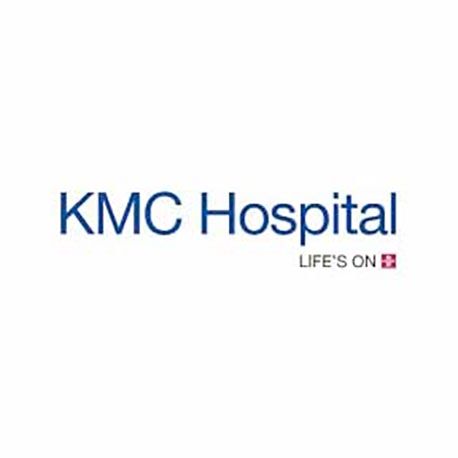
KMC Hospital Mangalore
Mangalore, Karnataka

Aster MIMS, Kozhikode
Kozhikode, Kerala

Aster MIMS Kannur
Chala, Kerala
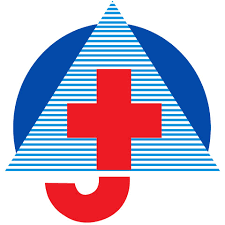
A.J Hospital and Research Centre
Mangalore, Karnataka
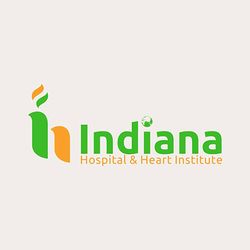
Indiana Hospital Mangalore
Mangalore, Karnataka
Enquire Now
Login to enquire or request discount for a medical procedure.
Patient Services
Provider
All rights reserved by ShopDoc
A MobeedCare Pvt Ltd company
